Cannabis in Vermont
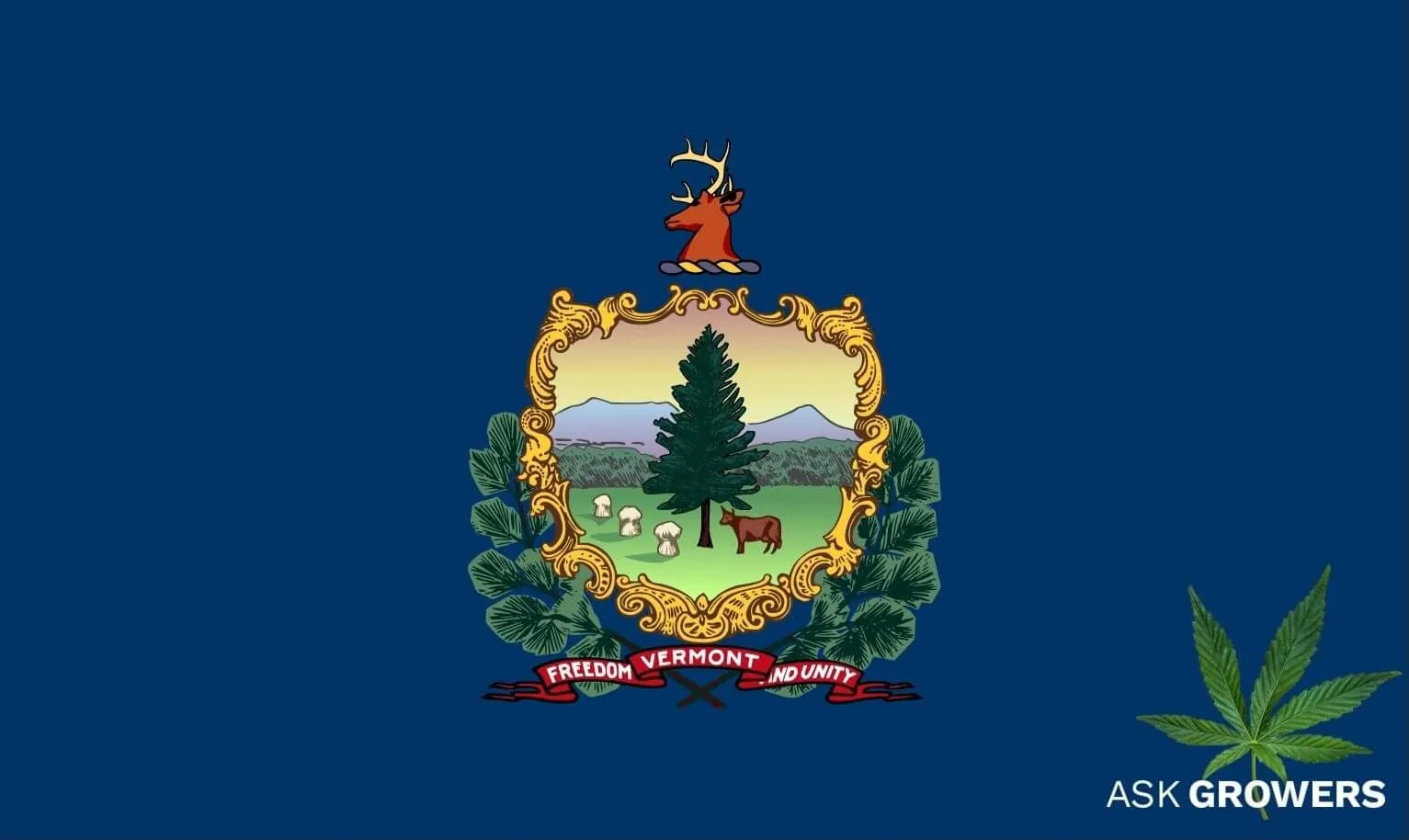
Over the past 2 decades, the legal status of cannabis in Vermont has changed significantly, but if you are heading for the state to buy marijuana, you’ll be disappointed. At least, for now. Recreational cannabis sales will begin here only in 2022. In this review, you’ll discover all current laws and rules that you should follow to not have any issues with local authorities.
Is Weed Legal in Vermont?
Since 2004, cannabis for medicinal use has become legal in Vermont. The Bill was not signed by the governor, but it passed anyway. In the following years, additional bills passed and brought significant changes to the medical marijuana (MMJ) program, expanding a list of qualifying diseases and types of therapists who can recommend cannabis for registered patients.
Marijuana for recreational use was legalized in 2018, but there is a problem with this legalization. This law made cannabis use, possession, and home cultivation legal, but it didn’t approve cannabis purchases. At last, the 2020 law legalized recreational marijuana sales. Licensed dispensaries are scheduled to open in October 2022.
Read More About Marijuana Laws In The Following States: Michigan, Colorado, Illinois, South Dakota, Alaska, Maine, Montana, New Jersey, Washington, Massachusetts, Maryland
Buying Marijuana in Vermont?
Medical cannabis patients and their caregivers can carry and buy 2 oz. (57 grams) of cannabis at a time. This is a maximum monthly purchase amount. If patients grow plants at home, the amount of their harvest doesn’t count towards the possession cap.
Cannabis products can be purchased in state-registered dispensaries. Patients are limited to buying cannabis at a certain cannabis provision center designated in their application form, but it can be changed once in 30 days for an extra fee.
The recreational cannabis laws permit adult individuals 21 and older to possess 1 oz. (28 grams) of hash or 5 grams of concentrate. The marijuana retail outlets for adult users will be open only in 2022. Until the law takes effect, the state has time to build a tax-and-regulate, commercialized system that will issue licenses for retailers and cultivators with a Cannabis Control Board as a governing institution.
Dispensaries are allowed to deliver medical marijuana to patients. Retail stores and delivery drivers have to adhere to strict rules and guidelines. It is unclear if dispensaries can provide recreational marijuana delivery in the future.
There are only 7 operating dispensaries in Vermont. They are open from 9/10 a.m. to 4/5 p.m. The appointment should be planned in advance.
MMJ patients have access to a broad spectrum of cannabis products: concentrates, flowers, edibles (candies, drinks, bakery items), oils, buds, seeds and clones, topicals (creams, massage oils, lotions), capsules, suppositories, etc. Customers can choose any flower strain with hight THC like Apple Fritter or hight CBD in Berry Pie strain also with effects ranging from sedative to energizing.
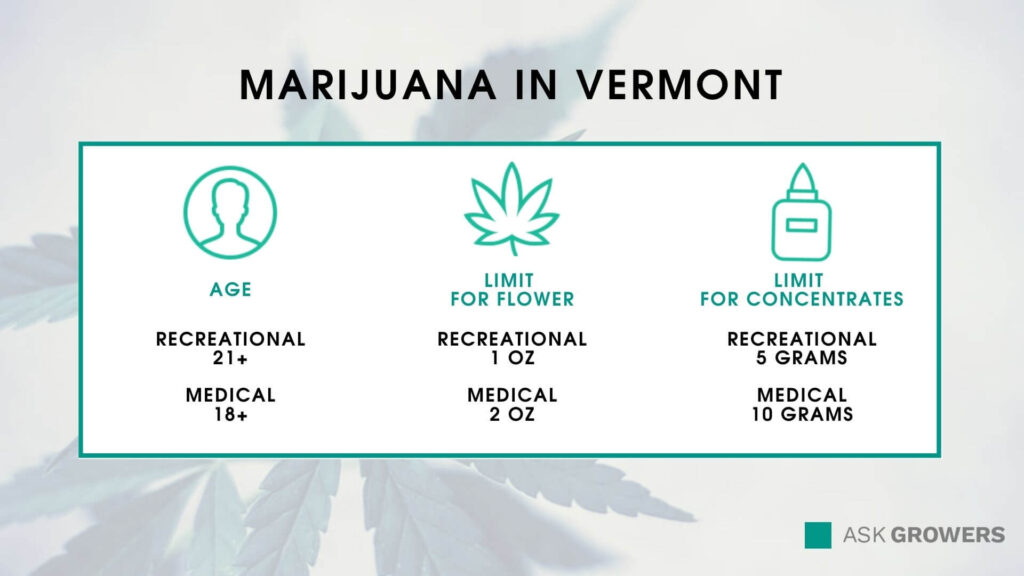
Read Also: Cannabis Dispensaries: All Your Questions Answered
Cannabis Consumption in Vermont
According to marijuana laws, cannabis can be consumed only in private dwellings out of public view. If you live in a rented apartment, smoking is allowed after given permission by a landlord.
If individuals smoke hash in a public place, they will be fined $100 for the first offense. The current law stipulates the establishment of cannabis lounges as a part of recreational legalization.
Here is a list of areas where cannabis consumption is prohibited:
- streets, walkways;
- parks;
- stores;
- restaurants;
- schools, child care facilities;
- hotels;
- workplaces/places of employment;
- places where tobacco smoking is banned;
- federal lands;
- while operating a vessel/motor vehicle/boat/heavy machinery.
Possession and consumption of cannabis on federal lands are against the law since this substance is illegal on a federal level.
Taxes on Marijuana in Vermont
Currently, there are no state taxes on medical cannabis, and approved patients can buy this substance for treatment purposes free from additional charges.
Recreational users will be imposed to pay a 20% tax, which includes a 14% excise tax and a 6% sales tax.
Drug paraphernalia (vaporizers, pipes) and other cannabis-related supplies sold in dispensaries are subject to a sales and use tax because they are not treated as medical supplies.
Vermont Medical Marijuana Card
A recent law shifts oversight of the MMJ program (Vermont Marijuana Registry) to the Cannabis Control Board from the Department of Public Safety.
Though recreational cannabis sales have become legal, there are some advantages of being a registered patient. Individuals with an MMJ card are allowed to possess more marijuana and are exempt from hash sales taxes. In addition, cardholders can grow more cannabis plants than regular users and own legal devices for cannabis use (pipes, vaporizers, etc.).
Vermont dispensaries don’t accept MMJ cards from non-residents and serve only local patients who have designated these dispensaries in their application forms.
How to Get a Medical Marijuana Card in Vermont
Patients with debilitating diseases can get an MMJ card and obtain marijuana in dispensaries. To apply for the program, individuals should meet some conditions and follow a number of steps which are described in the below sections.
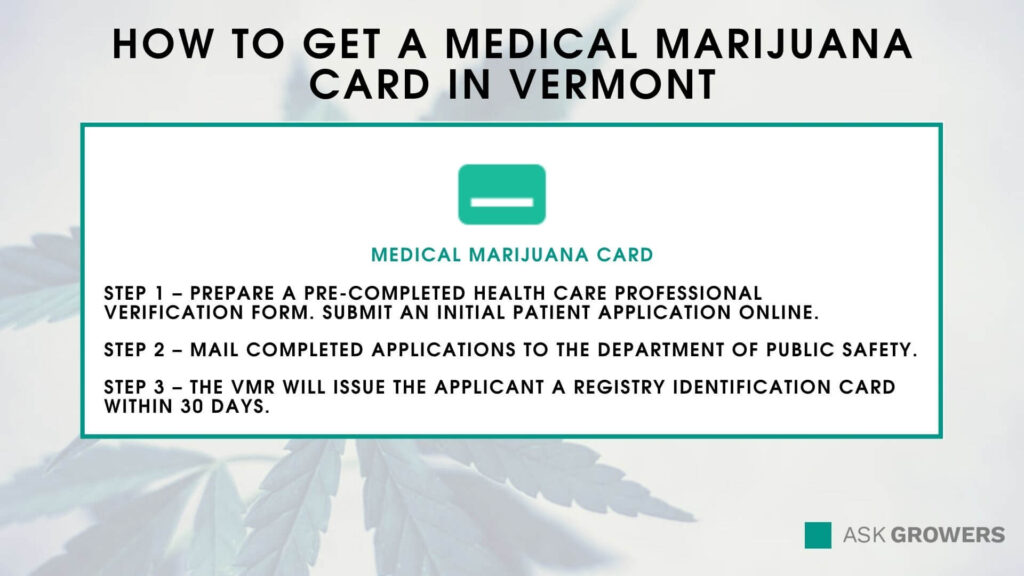
Diseases
The state allows patients with the following health conditions to qualify for a medical card:
- glaucoma;
- cancer;
- multiple sclerosis;
- epilepsy;
- post-traumatic stress disorder;
- wasting syndrome;
- HIV/AIDS;
- Parkinson’s disease;
- Crohn’s disease;
- chronic pain;
- seizures;
- persistent and severe nausea.
The MMJ program requires patients with any of these diseases to prove their conditions via a therapist’s diagnosis. State-licensed doctors can also recommend cannabis therapy if patients have other conditions not included in this list if these diseases are chronic, life-threatening, and progressive. Patients who receive hospice care can be recommended for marijuana treatment as well.
Patient Qualifications
To become a qualified patient in Vermont, you should be a state resident of 18 diagnosed with any of the above-mentioned diseases. Patients under the age of 18 should apply for the program with an application signed by their parent or guardian. Out-of-state citizens cannot participate in the program.
Patient Registry Process
The registry process involves several steps:
- complete an application form on the Vermont Marijuana Registry website;
- submit your ID card/driver’s license to prove your residency;
- attach a recent color photograph;
- provide your name, date of birth, phone number, address, and other requested information;
- designate a caregiver, if applicable;
- attach a verification form signed by a licensed therapist that proves your qualifying condition;
- enclose a $50 check as a non-refundable registration fee (it won’t be returned if your application is denied);
- designate a dispensary where you are going to buy cannabis-infused products;
- indicate if you are planning to grow cannabis flowers at home and provide the address of the cultivation location.
It takes a month to process an application and approve/deny it. The cards are valid throughout 1 year and should be renewed annually.
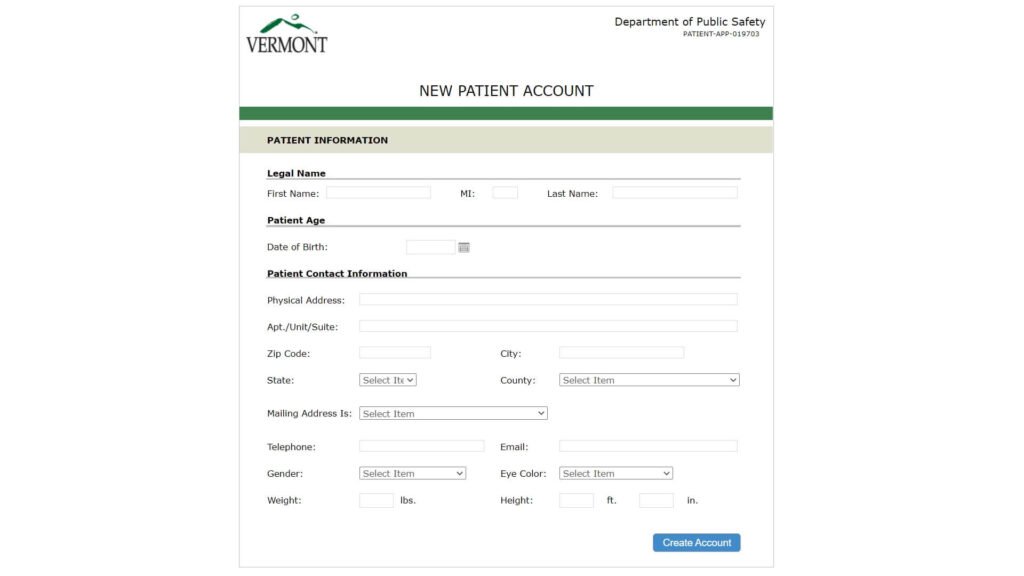
Caregiver Qualifications
Registered patients can assign a caregiver who will help them purchase and grow hash products on their behalf. Caregivers should be 21 years old and reside in Vermont. Individuals under 18 can have 2 caregivers.
To become a caregiver, an individual should submit an application and attach personal documents. There will be a criminal background check to verify if they have convictions for drug-related offenses. The same application fee ($50) is required.
Caregivers will get an MMJ card and undertake the responsibility to assist and manage the well-being of their patients.
Transporting Marijuana in Vermont
Even if cannabis is permitted in the state, driving under the influence of marijuana is illegal. If drivers are caught being impaired, they will face a criminal penalty (a steep fine, imprisonment, and/or driver’s license suspension).
It is outlawed to smoke joints, vapes, etc. in a car. Passengers are not allowed to consume marijuana in a moving vehicle as well since the driver can inhale the smoke.
If you want to transport marijuana plants or other cannabis products, they should be kept in a locked container. The legal transportation maximum is 1 oz. for adults and 2 oz. for MMJ patients. The substance must be kept in a trunk of the vehicle, in a glove compartment, or behind the back row of seats.
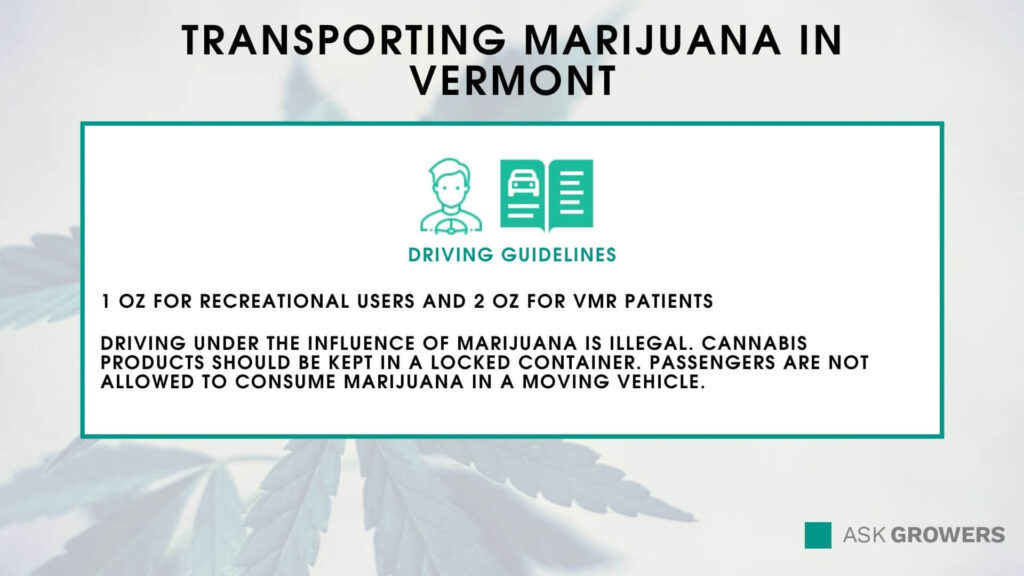
Exporting Marijuana
Cannabis remains federally illegal and cannot be transferred across the state lines. Crossing the border with this substance is a federal crime. If you are planning to go to Canada, don’t risk and leave cannabis at home to stay safe.
Growing Marijuana
Authorized patients and caregivers can grow marijuana at home and have 2 mature and 7 immature plants.
Legal adults are permitted to cultivate up to 2 mature and 4 immature marijuana herbs. Even if you share an apartment with other adult dwellers, this cultivation limit cannot be exceeded.
The plants should grow in enclosed/shielded spaces away from the public view and inaccessible to minors. You can grow cannabis in a rented housing unit only after the property owner’s consent.
Read Also: Guide On Cannabis Growers: Who They Are And How To Become A Cultivator
Licensing for Growers, Manufacturers, Processors, Retailers, Etc.
Business licenses will become available in the coming months. They will involve permits for new market entrants – manufacturers, growers, retailers, wholesalers, and testing laboratories (plus vertical integration).
Newcomers to the state cannabis industry will be permitted to have only 1 license per category and 1 location (all operations should be housed in one building).
Sources
https://wikipedia.org/wiki/Cannabis-in-Vermont
https://medicalmarijuana.vermont.gov/
https://norml.org/laws/vermont-penalties-2/
https://www.mpp.org/states/vermont/
https://www.healthvermont.gov/alcohol-drug-abuse/alcohol-drugs/marijuana
https://taxfoundation.org/vermont-recreational-marijuana-sales/
https://dui.drivinglaws.org/resources/vermont-s-open-container-laws-penalties-and-consequences
https://tax.vermont.gov/sites/tax/files/documents/FS-1072.pdf
https://www.regulatevermont.org/
https://vtpha.org/Non-Therapeutic-Marijuana-Use
https://www.safeaccessnow.org/becoming-a-patient-in-vermont
https://vcic.vermont.gov/marijuana-registry/caregivers
https://medicalmarijuana.procon.org/legal-medical-marijuana-states-and-dc/#Vermont

 Guides
Guides
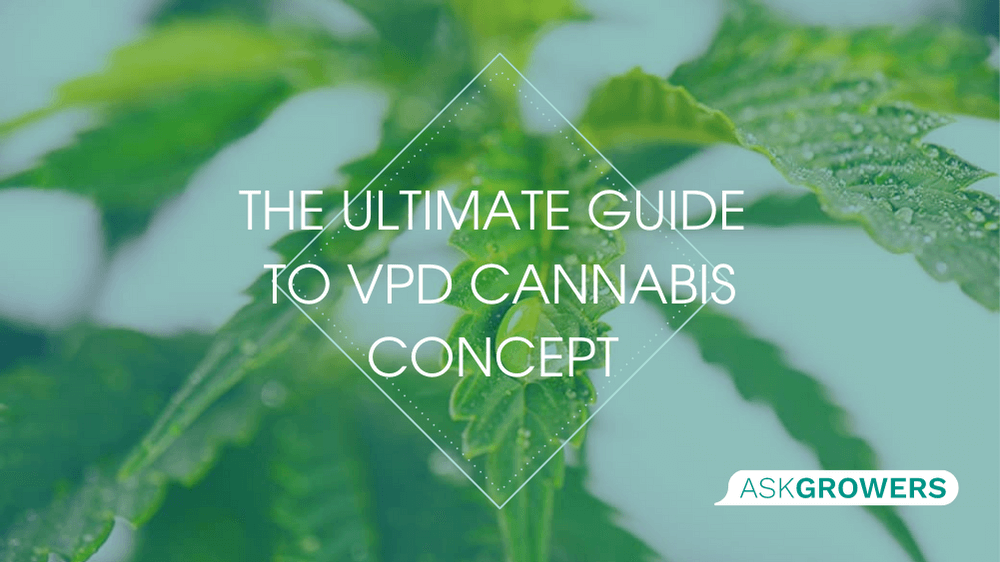
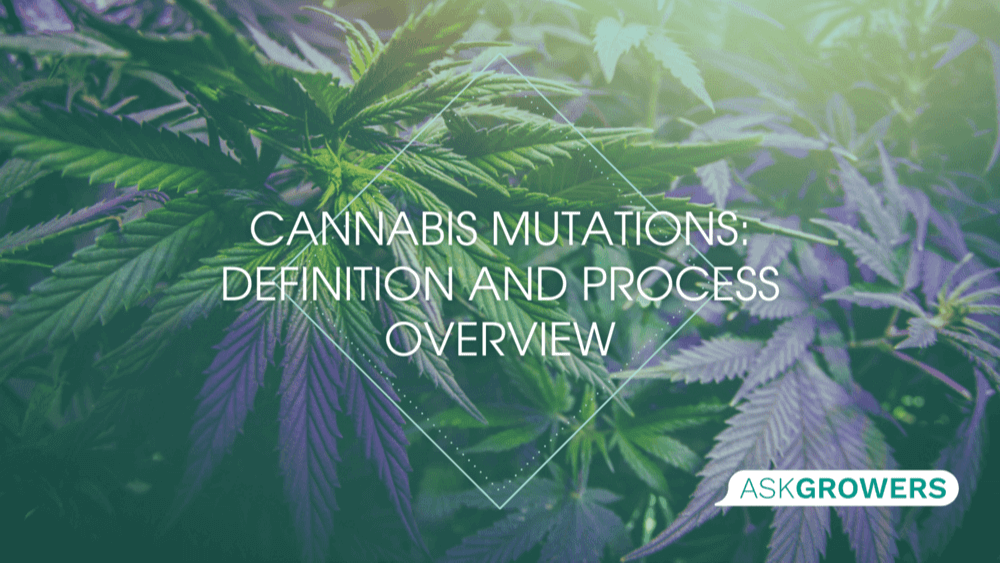
.png)
.png)
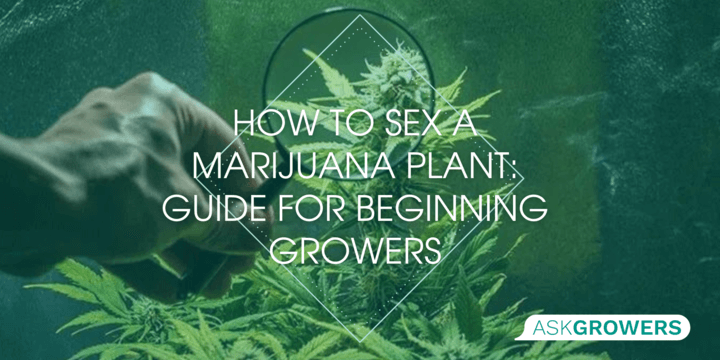
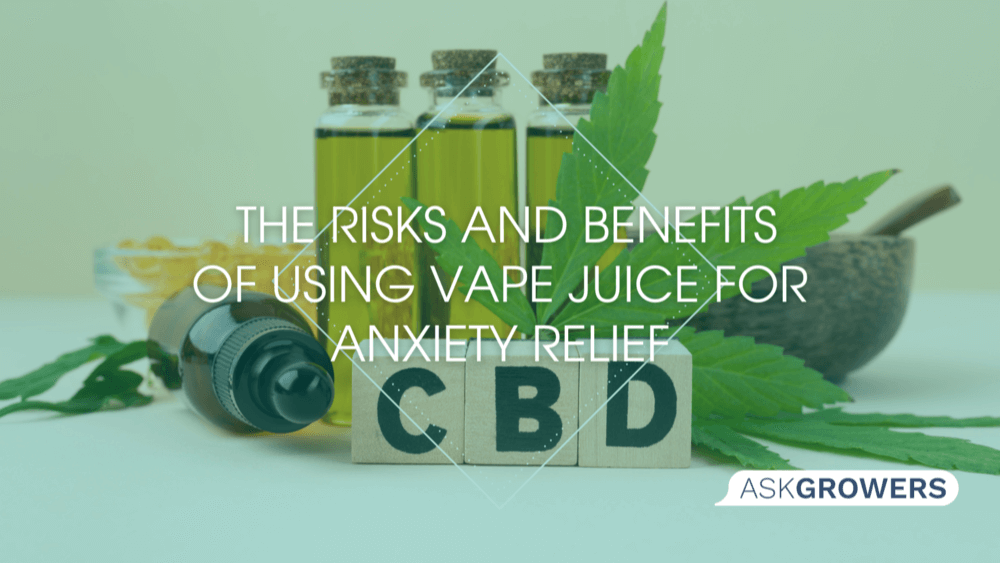
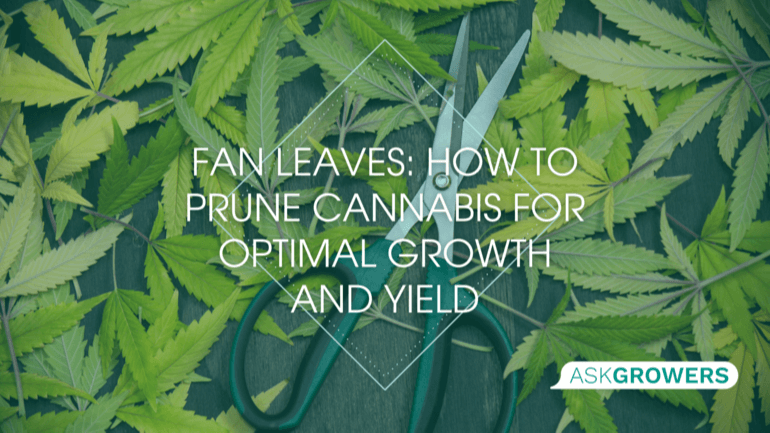
 (1).png)
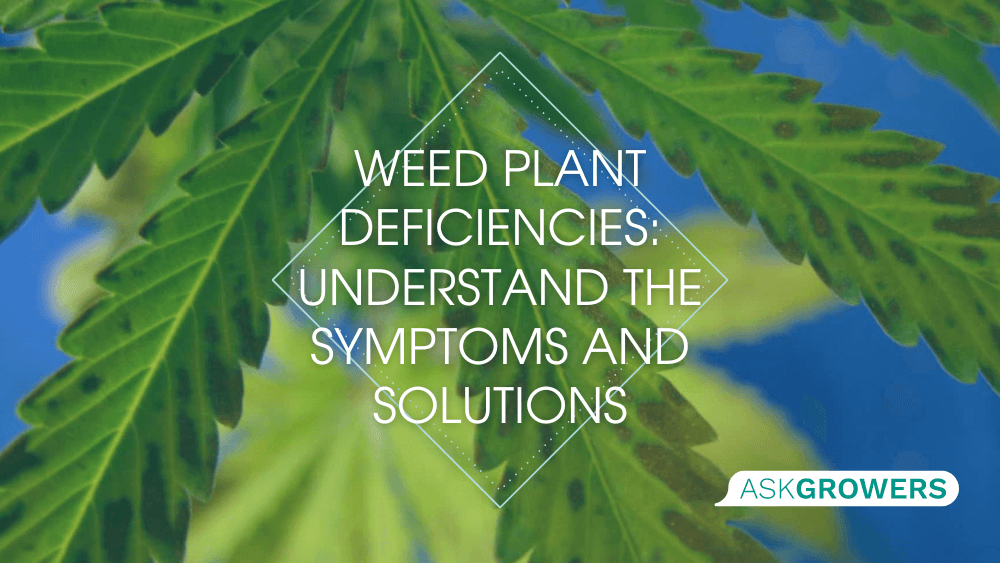
.jpg)
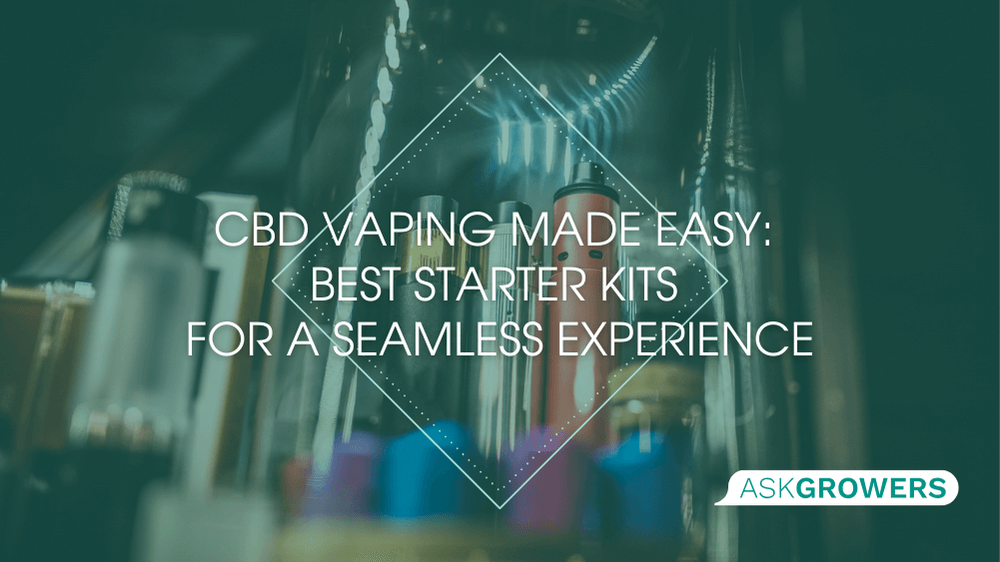
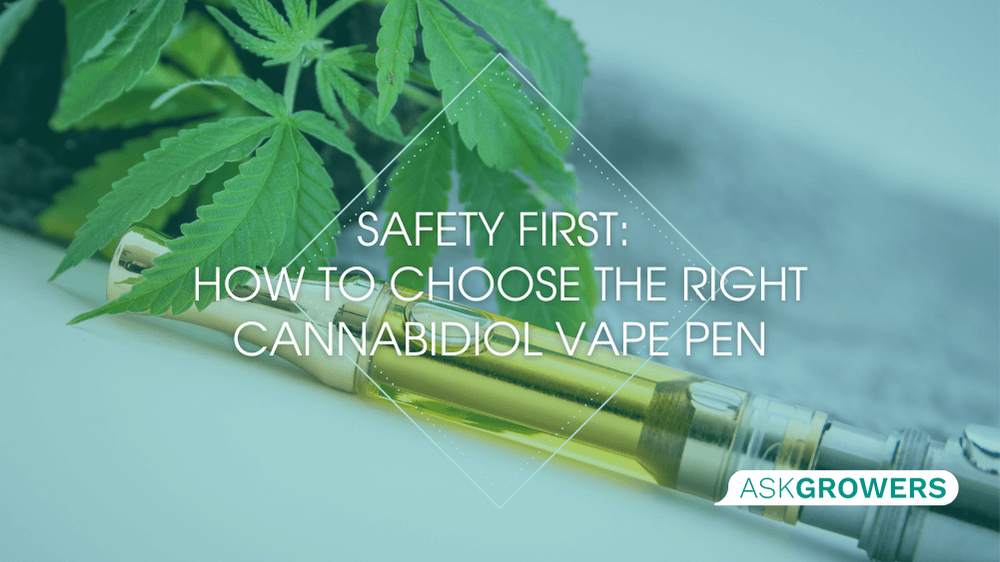
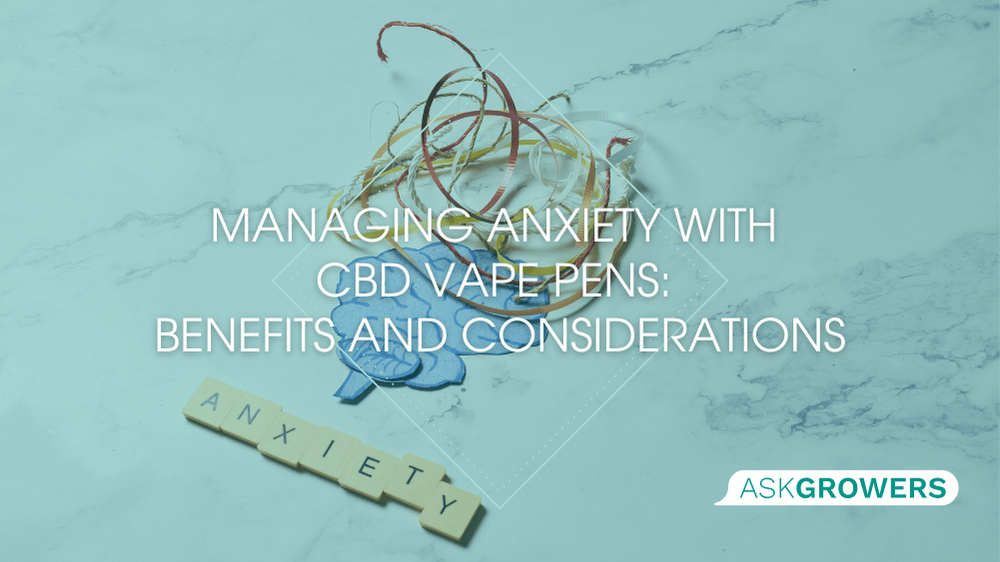
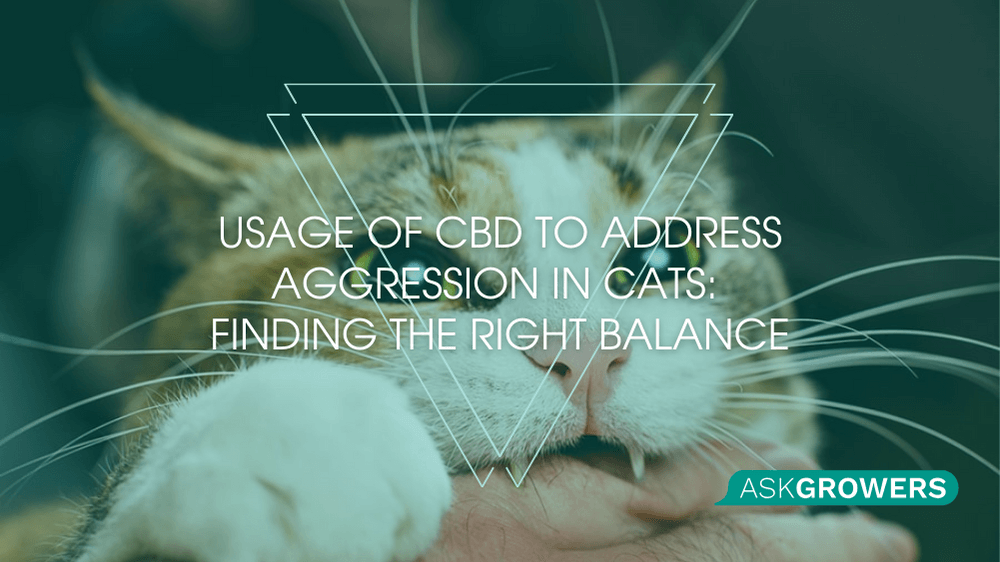
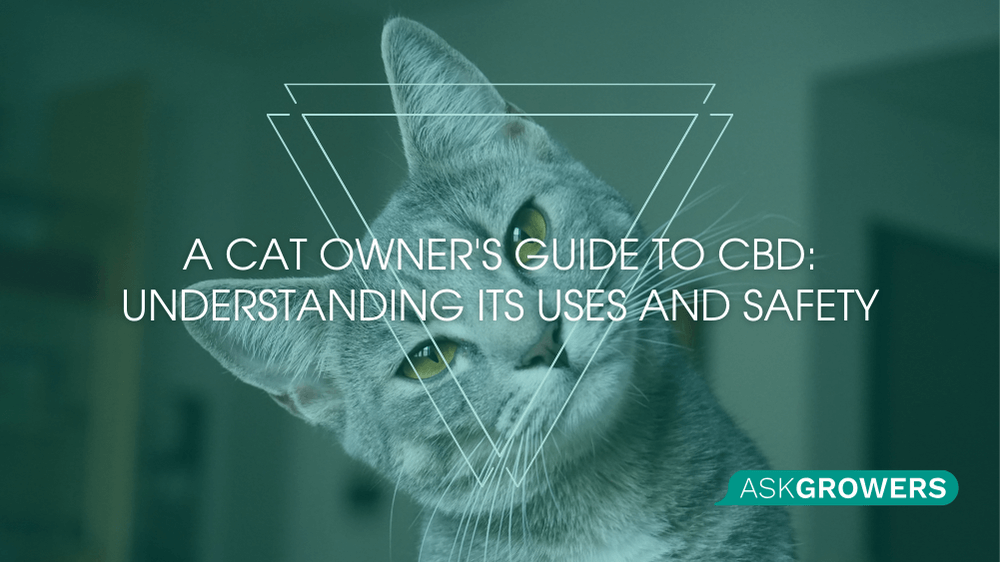
Be the first and share your opinion
Write a Review